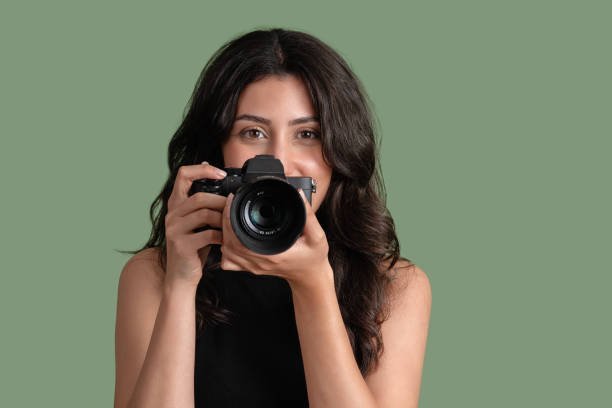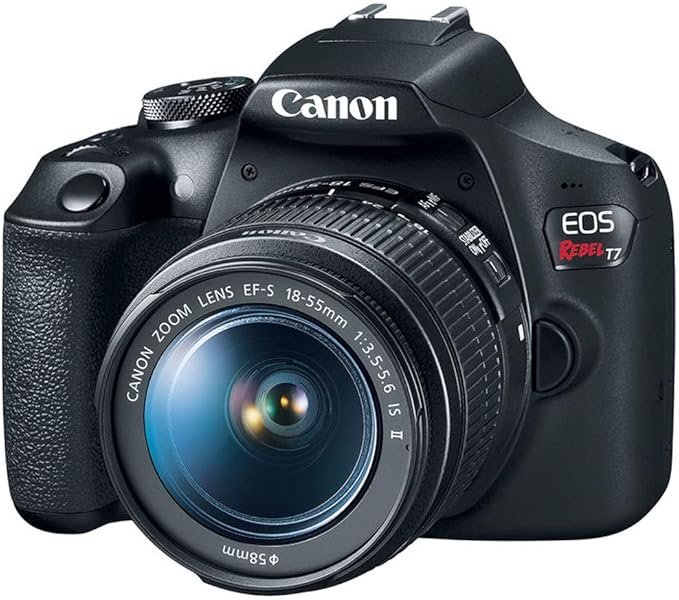Discover Studios, Services & More Across USA | StudioBDTLA
Is Photography a Good Career? Exploring Opportunities

In an era where visuals speak louder than words, photography has evolved into more than just a hobby—it has become a dynamic and rewarding profession. With the rise of digital media, social platforms, and visual storytelling in business, photography has found its way into almost every industry. But is photography a good career choice in 2025? The answer is multifaceted, depending on your passion, skill, niche, and long-term goals.
Table of Contents
Let’s explore what makes photography an appealing career, the types of opportunities it offers, the challenges professionals face, and how to build a sustainable future in this creative field.
The Passion Behind the Lens: Why People Choose Photography
Photography often starts as a passion project—a hobby rooted in capturing life’s moments through a creative eye. For many, the joy of framing a scene, playing with light and shadows, and telling stories through images is fulfilling in ways that traditional jobs may not be. This passion can evolve into a career when individuals realize that their skills are marketable.
Many photographers love the freedom and flexibility that comes with the profession. Whether it’s freelancing, running a personal studio, or traveling as a photojournalist, the ability to craft your own schedule and pursue projects that excite you is a major perk.
Canon EOS Rebel T7 DSLR Camera with 18-55mm Lens
Career Opportunities in Photography
Photography offers a variety of career paths. The options are diverse, and professionals can choose to specialize in areas such as:
1. Portrait Photography
This includes everything from individual and family portraits to graduation and senior photos. Portrait photographers often work in studios or on-location for special events.
2. Wedding and Event Photography
This is one of the most lucrative photography niches. Capturing weddings, corporate events, and private parties allows photographers to earn a steady income, especially during peak seasons.
3. Commercial and Product Photography
Businesses rely heavily on high-quality images to market their products online and in print. Product photographers work with e-commerce brands, fashion companies, and advertising agencies.
4. Photojournalism
Those who are passionate about current events and storytelling may pursue photojournalism. Whether working for news outlets or as freelancers, photojournalists capture important moments from around the world.
5. Fashion Photography
Working with models, designers, and stylists, fashion photographers bring creativity to runway shows, editorials, and advertising campaigns.
6. Real Estate and Architectural Photography
This involves capturing buildings, interiors, and architectural details. The demand for high-quality real estate images has surged with the growth of online property listings.
7. Fine Art Photography
Photographers who treat their work as art often create pieces for galleries, exhibitions, and collectors. This niche allows for full creative freedom but can be competitive.
8. Nature and Wildlife Photography
Ideal for outdoor enthusiasts, this niche requires patience and specialized equipment. It may involve travel and collaboration with magazines, documentaries, and environmental organizations.
Skills Required for a Successful Photography Career
Photography is a blend of technical knowledge and artistic vision. To succeed, you’ll need to master both. Essential skills include:
- Understanding lighting, composition, and exposure
- Post-processing using tools like Adobe Photoshop and Lightroom
- Equipment handling, including DSLR or mirrorless cameras, lenses, and lighting gear
- Client communication and project management
- Business and marketing acumen, especially for freelancers
Soft skills such as creativity, patience, adaptability, and attention to detail also play a crucial role in developing a distinct style and client base.
Education and Training: Do You Need a Degree?
While formal education is not mandatory, many photographers benefit from pursuing a degree or diploma in photography, fine arts, or visual communication. Numerous online courses, workshops, and certifications are also available for skill enhancement.
In today’s digital age, building a strong portfolio often outweighs academic qualifications. However, structured training can sharpen technical abilities and provide valuable networking opportunities.
The Financial Side of Photography
One of the most common questions aspiring photographers ask is: Can you make good money in photography? The answer is yes—but it takes time, strategy, and persistence.
Income varies greatly depending on the niche, experience, client base, and marketing. For instance:
- Entry-level freelance photographers may earn between $20,000 and $35,000 per year.
- Experienced professionals can make anywhere from $50,000 to $100,000+ annually, especially in commercial or wedding photography.
- High-end photographers and those working with luxury brands, magazines, or international clients may command significantly higher rates.
Building a profitable career in photography involves setting competitive rates, offering packages, upselling prints or albums, and diversifying income through workshops or online courses.
Freelance vs. Full-Time: Choosing Your Path
Photographers can work independently as freelancers or be employed by companies, media houses, fashion brands, or creative agencies. Each path has its advantages:
- Freelancing offers flexibility, creative control, and the ability to work with varied clients. However, it requires managing your own marketing, scheduling, invoicing, and taxes.
- Full-time employment provides stability, consistent income, and benefits. But it may limit creative freedom depending on the employer’s needs.
Some photographers start part-time while building a client base and transition to full-time entrepreneurship once established.
The Role of Social Media and Personal Branding
In 2025, a strong online presence is essential for photographers. Platforms like Instagram, Pinterest, and LinkedIn help showcase your portfolio and attract clients. A well-designed website with galleries, client testimonials, and blog posts enhances your credibility.
Many photographers also create YouTube channels or online courses to share their knowledge, build authority, and generate passive income.
Consistent branding, using your unique voice and visual style, helps set you apart in a competitive market.
Challenges in a Photography Career
While photography can be deeply rewarding, it’s not without challenges. These include:
- Intense competition and market saturation
- Irregular income, especially in the beginning
- Expensive gear and software
- Managing clients, contracts, and expectations
- Physical demands during long shoots or travel
To overcome these, photographers must remain adaptive, continuously learn, and develop resilience. Networking, self-promotion, and maintaining a high standard of work help to build a sustainable career.
Is Photography Worth It in 2025?
With the explosion of digital content, demand for skilled photographers continues to grow. From brands needing visual assets to influencers requiring content and families capturing memories, opportunities abound.
AI and smartphone technology have changed the industry, but professional photography still holds immense value. Clients appreciate the creativity, expertise, and storytelling that only a trained photographer can deliver.
If you’re passionate, willing to learn, and committed to building your brand, photography can be not just a good career—but a fulfilling and prosperous one.
Frequently Asked Questions (FAQs)
1. Is photography a stable career?
Photography can be stable if managed well. While freelance photography may involve fluctuating income, many professionals achieve consistency through recurring clients, event bookings, and diversified income streams such as workshops or selling prints.
2. How do I start a photography career with no experience?
Begin by learning the basics through online tutorials, practicing with your camera, and building a portfolio. Offer to shoot events for friends or collaborate with local businesses. Gradually build a presence on social media and create a professional website.
3. What kind of camera should a beginner use?
A good beginner DSLR or mirrorless camera like the Canon EOS Rebel series or Sony Alpha models is a great start. Focus more on learning composition and lighting rather than buying the most expensive gear right away.
4. Is it necessary to specialize in one type of photography?
While many successful photographers specialize in one niche, it’s okay to explore multiple genres initially. Over time, focusing on a specific niche can help you build expertise and a targeted client base.
5. How much does it cost to start a photography business?
Starting a photography business can range from $2,000 to $10,000+, depending on the quality of gear, studio setup, marketing, and legal requirements. You can start small and upgrade as your income grows.
6. Can photography be done part-time?
Absolutely. Many photographers start part-time while studying or working another job. It’s a flexible profession that allows you to build skills and clients at your own pace.
Final Thoughts
So, is photography a good career? The answer depends on your goals, creativity, and dedication. It’s a profession that offers incredible freedom, emotional fulfillment, and financial potential. While it requires hustle and ongoing learning, the rewards—both personal and professional—can be immense.
Whether you’re drawn to the fast-paced world of fashion, the emotional depth of weddings, or the quiet art of landscapes, photography allows you to tell stories that matter. If you’re willing to put in the effort, adapt to trends, and continuously improve your craft, photography in 2025 can absolutely be a successful and enriching career path.

